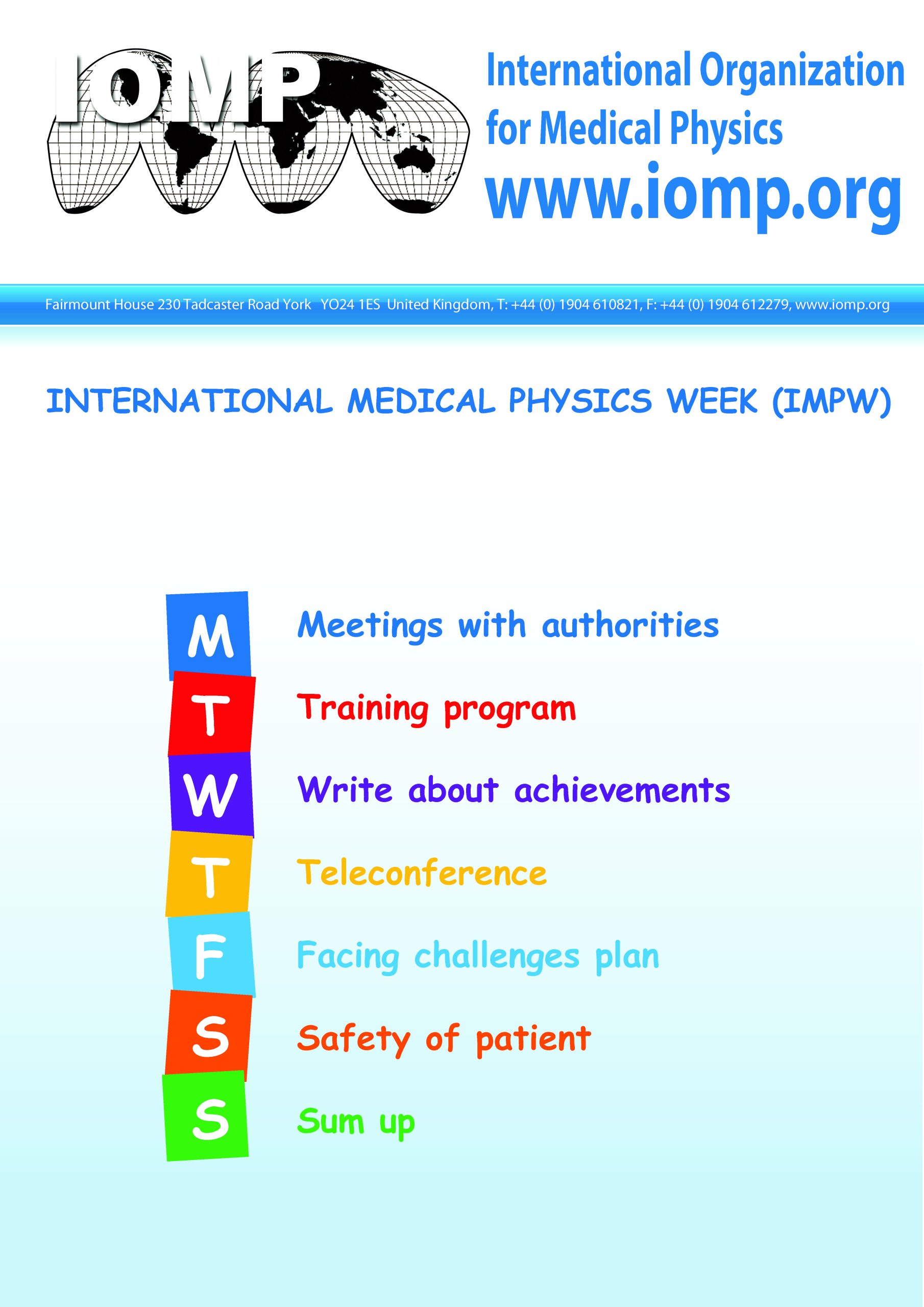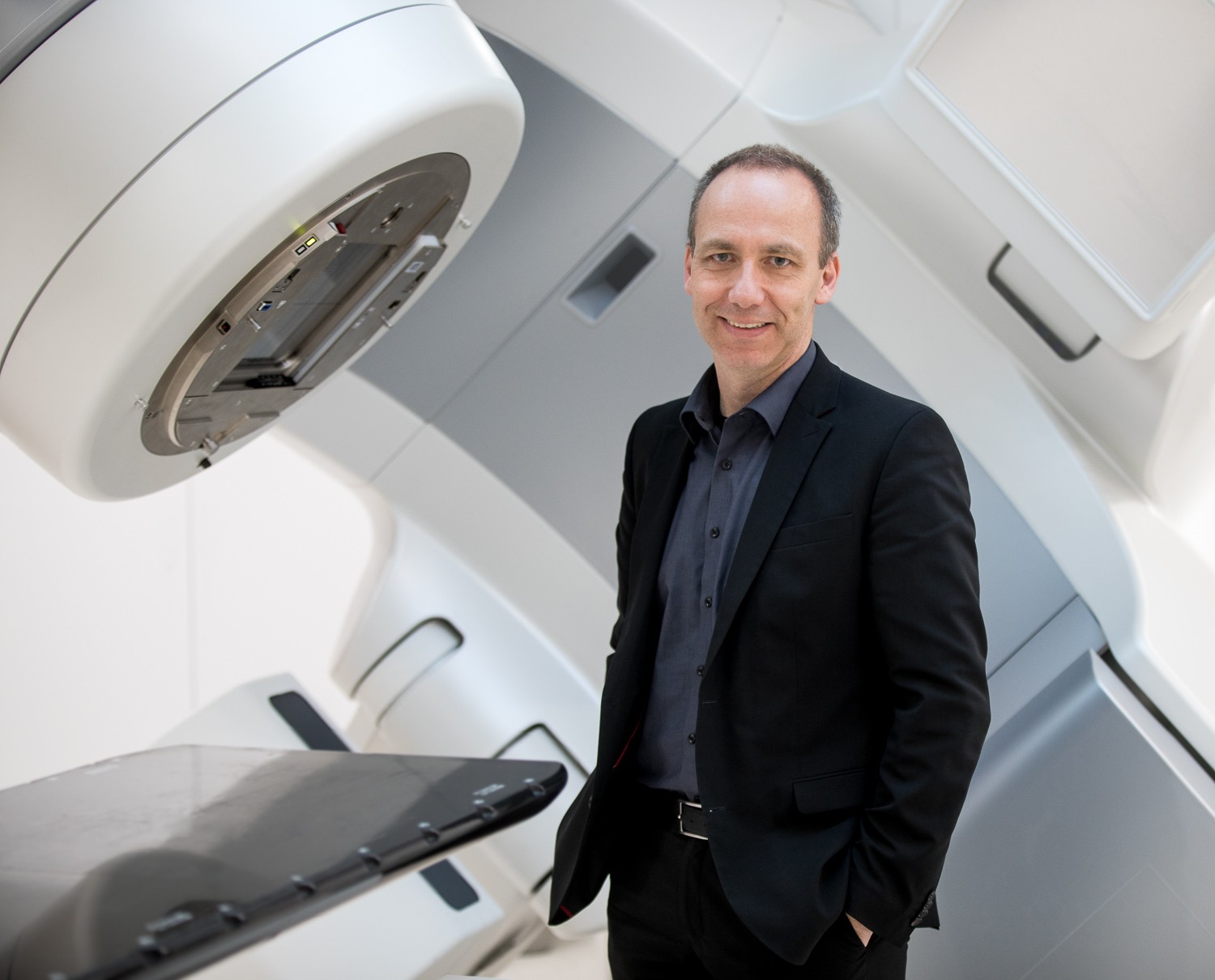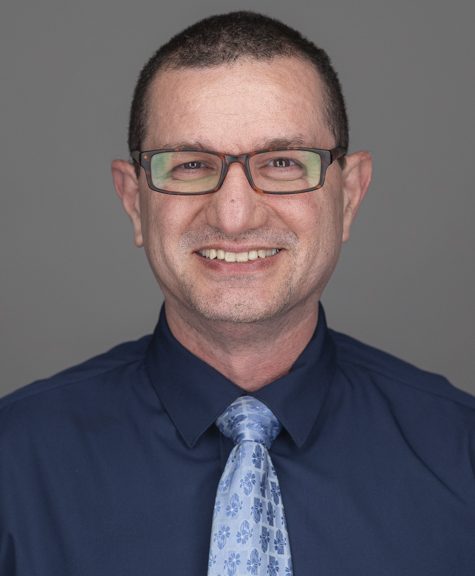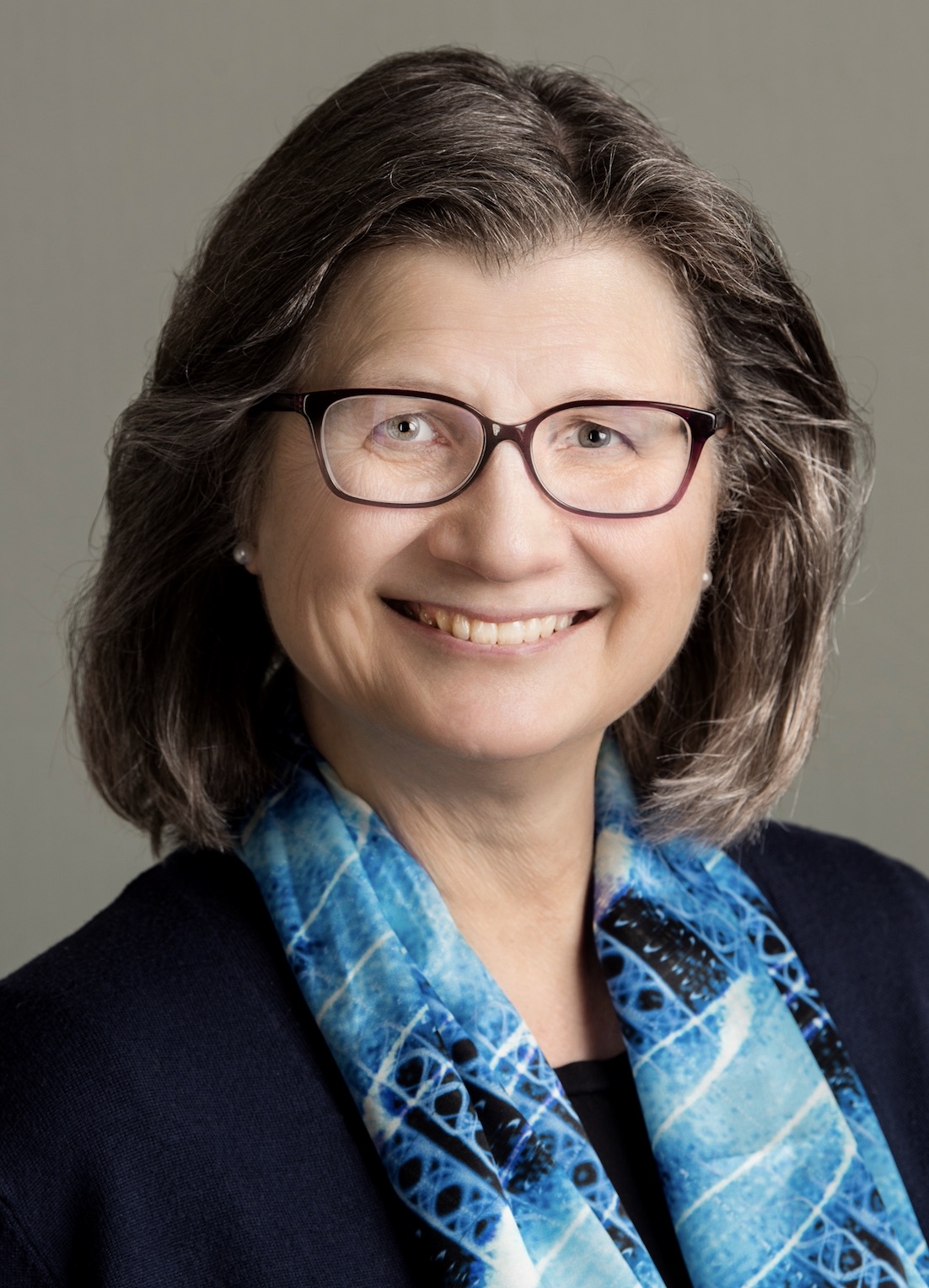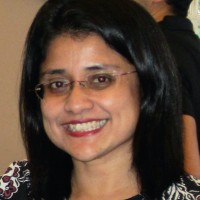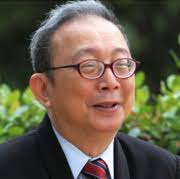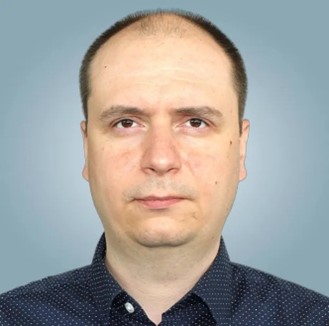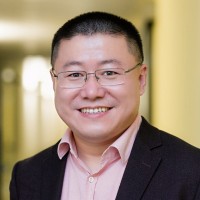Monday, 5 May 2025 at 12 pm GMT; Duration 1 hour
Organizer: John Damilakis, IOMP President
Panelists: John Damilakis, M. Mahesh, Madan Rehani
Abstract:
Artificial Intelligence (AI) is rapidly transforming medical imaging and dosimetry. However, the role of human expertise remains critical for the accurate, safe, and ethical application of AI-driven tools. This debate, AI vs Human Expertise in X-ray Dosimetry, will critically examine the strengths and limitations of AI in medical X-ray dose estimation, dose optimization, quality assurance, and clinical decision-making. Panelists will identify the key advantages AI offers in dose estimation and optimization, recognize the potential risks, biases, and interpretability challenges associated with AI-driven dosimetry, discuss the irreplaceable contributions of human judgment, and explore strategies for integrating AI-powered dosimetry into clinical practice.
Learning Objectives:
- To understand the capabilities of AI in X-ray dosimetry
- To analyze the limitations and challenges of AI in X-ray dosimetry
- To evaluate the role of human expertise in X-ray dosimetry
Panelist 1: John Damilakis, IOMP President
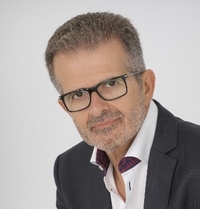
Dr. John Damilakis is a professor and director of the Department of Medical Physics, School of Medicine, University of Crete and director of the Department of Medical Physics of the University Hospital of Heraklion, Crete, Greece. He is the current President of the IOMP and was President of EFOMP, President of EURAMED, and President of the ‘Hellenic Association of Medical Physics’. His body of research work encompasses a wide range of research areas, including medical dosimetry, medical radiation protection, and the application of artificial intelligence in medical imaging. He has played significant roles as an editor, author, or co-author in several books within the field. Professor Damilakis has published 272 research articles listed on PubMed, accompanied by 10380 citations, and an h-index of 54 as documented on Google Scholar (February, 2025). He contributes to international initiatives, serving as an elected member of the ICRP Committee 3, Chair of the IUPAP AC4 and member of the steering committee of the ‘EuroSafe Imaging Campaign’. He has shared his expertise as a Visiting Professor, delivering lectures on medical dosimetry and medical radiation protection at Boston University in the United States.
Panelist 2: M. Mahesh, IOMP Science Committee Chair

Dr. M. Mahesh is a Professor of Radiology and Cardiology at the Johns Hopkins University School of Medicine, Baltimore, MD, USA. Dr. Mahesh also has a joint appointment at the Johns Hopkins Bloomberg School of Medicine Department of Environmental Health. His research interests are in medical physics and imaging, particularly in areas of MDCT, interventional fluoroscopy and digital mammography. Prof. Mahesh has authored numerous articles and a textbook in MDCT technology and radiation doses in medical imaging and has lectured extensively in the U.S. and internationally. He has served on the editorial boards of several journals, including the Journal of the American College of Radiology, the Journal of the American Association of Physicists in Medicine, Academic Radiology, and RadioGraphics. He is currently the President of the AAPM, elected member of the ICRP and NCRP. Dr Mahesh is a fellow of AAPM, ACR, ACMP, SCCT and currently the associate editor of the Journal of American College of Radiology.
Panelist 3: Madan Rehani, IUPESM President
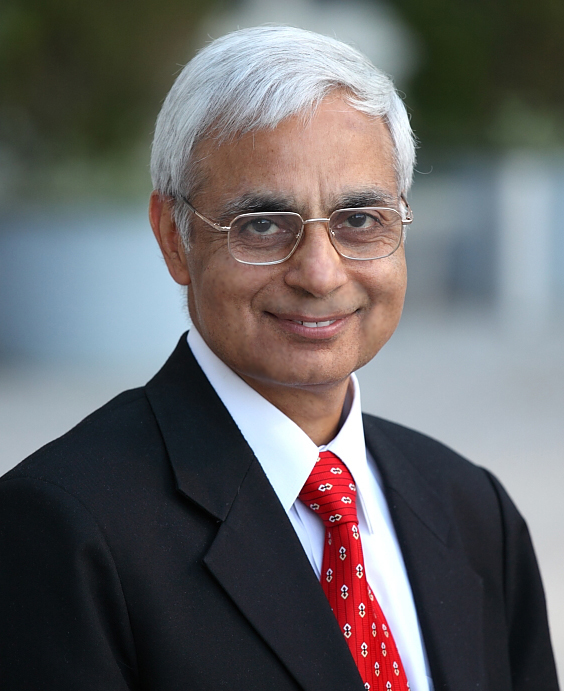
Dr. Madan Rehani is Director, Global Outreach for Radiation Protection at the Massachusetts General Hospital, Boston, Professor of Radiology at Harvard Medical School, Boston, MA, and an adjunct professor at the Duke University Medical Center, Durham, NC, US. He was President, IOMP (2018- 2022) and is currently President IUPESM. He worked earlier for over 11 years at the IAEA, Vienna, Austria. He was professor and head of medical physics at the All India Institute of Medical Sciences (AIIMS), New Delhi, India, before joining the IAEA in 2001. He was also head of the WHO’s Collaborating Centre on Imaging Technology & Radiation Protection, which he established in 1997. Prof. Rehani is an Emeritus Member, ICRP, having been an active member for 24 years. He is the author of 9 Annals of ICRP. He is Senior editor Br J Radiology, Assoc Editor, Eur. J Medical Physics, was earlier Associate Editor Am J Roentgenology, and on editorial board of several journals. He has more than 200 publications, has written 40 chapters in books and edited 5 books.
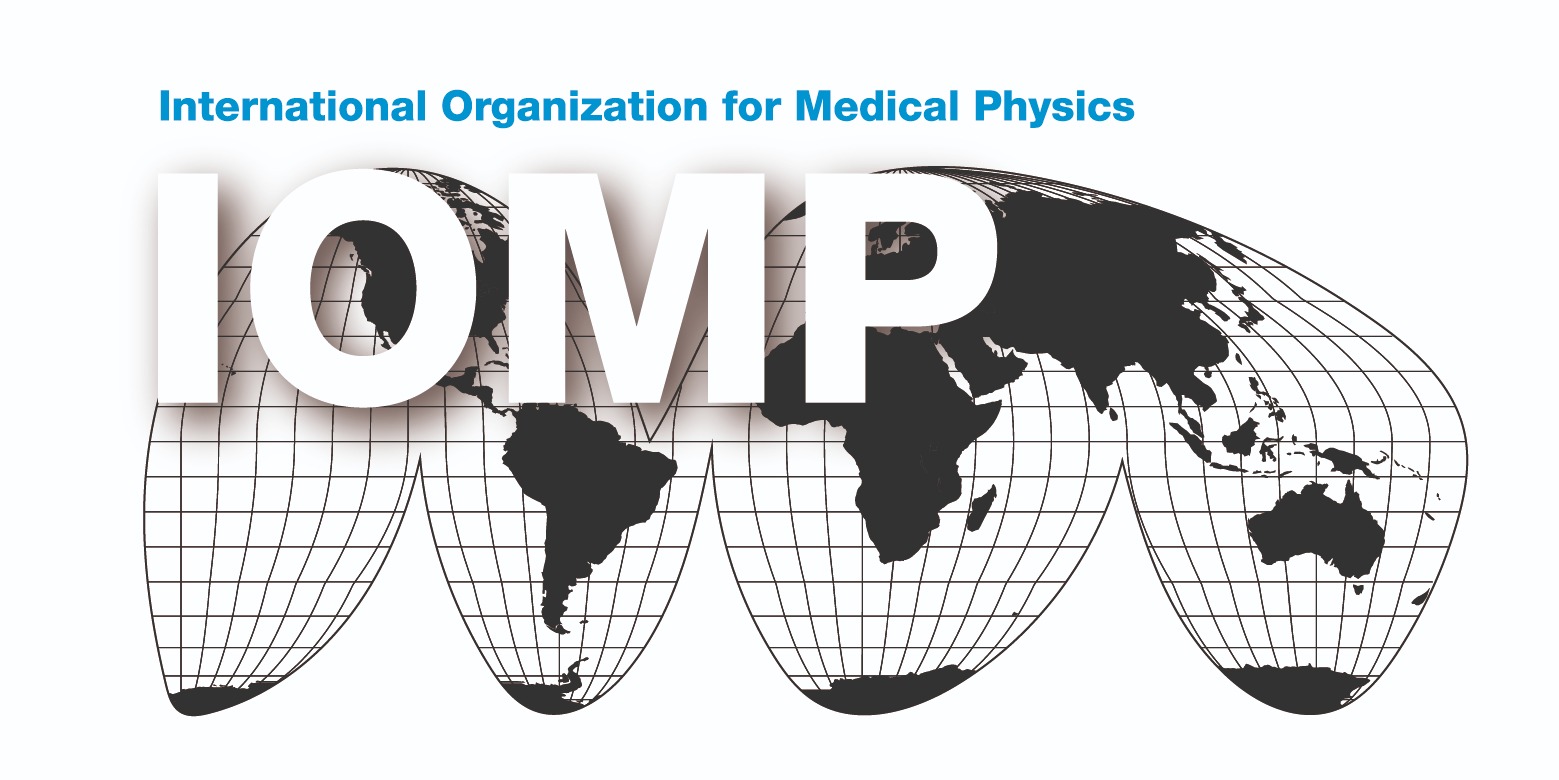

 Dear colleagues,
Dear colleagues,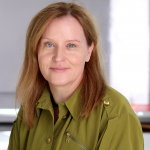 Dear Colleagues,
Dear Colleagues,